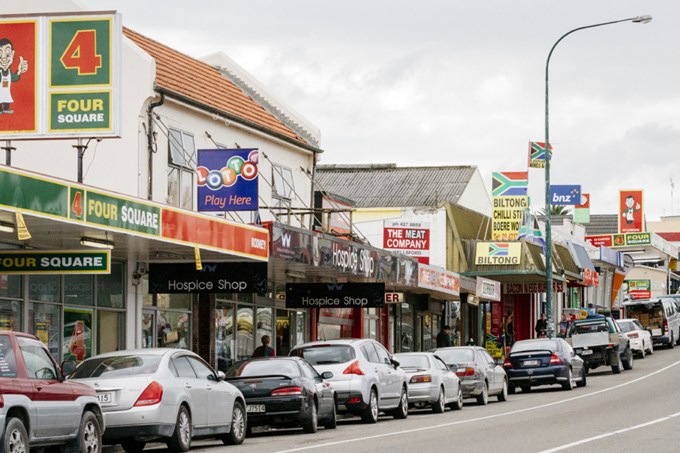Auckland Council’s governing body has decided to ask Aucklanders what they think about expanding shop trading to Easter Sunday.
Mayor Phil Goff said Easter Sunday trading is an important matter that people are passionate about and consulting Aucklanders on whether to keep the status quo or establish a policy allowing trading was the council’s unanimous decision.
“Considering Easter Sunday trading is not simply about religious observance,” the mayor said.
“There are only three and a half days each year set aside purely for family time or when most people are not expected to work. We must consider whether we want that opportunity retained and we will listen to what our communities are saying before we make a decision.”
About Easter trading
The Shop Trading Amendment Act 2016 came into force in August 2016. Under the act, councils can now adopt a policy to allow shops in all or parts of their district to trade on Easter Sunday. Currently only some shops can legally trade on Easter Sunday.
Since August 2016, Auckland Council has been approached by some major retailers and individuals in relation to expanding Easter Sunday trading.
Elected members support community engagement
Angela Dalton, chair of Manurewa Local Board, and Lemauga Lydia Sosene, chair of Mangere-Ōtāhuhu Local Board, spoke strongly in opposition to the introduction of Easter Sunday trading (and on behalf of Lotu Fuli, chair of Ōtara-Papatoetoe Local Board). They supported council engaging with the community before any decision is made because they placed a high value on community input.
Aucklanders to have a say in decision
The governing body decided to provide Aucklanders with the opportunity to have their say on whether Easter Sunday trading hours should be expanded before any change is made.
The council wants to make sure it strikes the right balance between opportunities for additional money to businesses and workers, and opportunities for people to spend time on other recreational and leisure activities.
Community engagement will start in April 2017 with findings reported back to the governing body in August.
If the governing body decides to pursue a policy, a proposed policy would be adopted by October 2017 for public notification and consultation carried out by December 2017. A final decision would be expected in February 2018.


